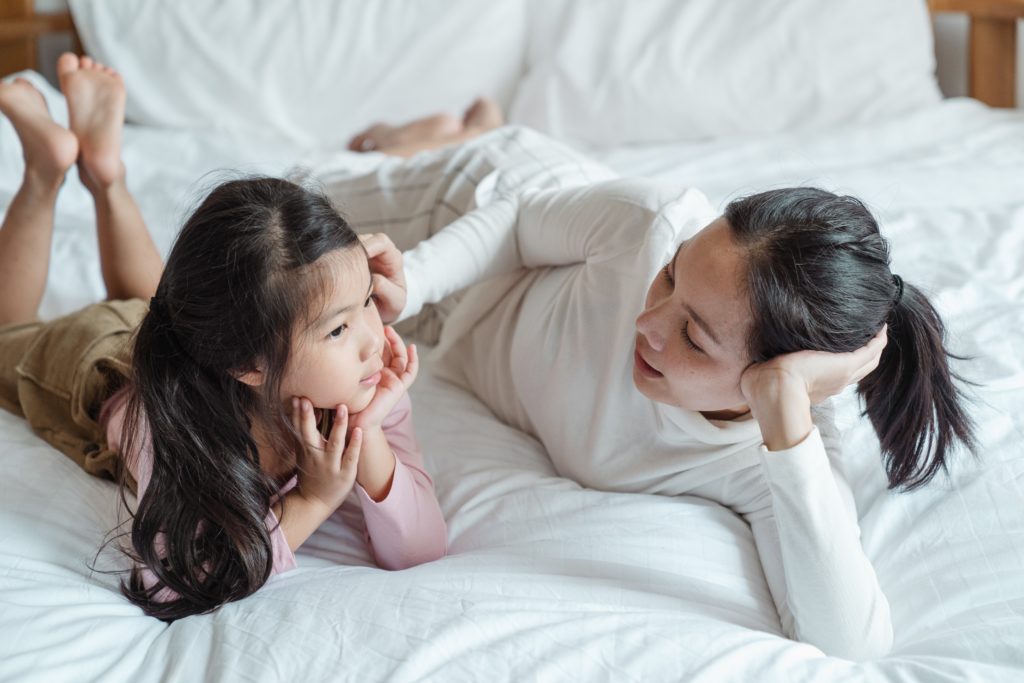It’s been a tough couple of years for everyone, and your children have certainly not been immune to the challenges. There’s a good chance kids and teens will be experiencing the effects of the pandemic for years to come. Now, just as it feels like life could be getting back to normal, war breaks out in Europe and suddenly parents have another stressful topic to deal with.
So, how do you talk to your kids about war? At what age is it appropriate to have the conversation? And how do you know what your child already knows? These are questions parents everywhere are grappling with as the news of the Russian invasion of Ukraine continues to take center stage.
Here are a few tips that might help:
- Limit your child’s exposure to the news. Cable news channels that broadcast around-the-clock updates keep you abreast of what’s happening—but at what cost? Some images and details can be alarming and upsetting, especially to younger children. Turn it off until after they’ve gone to bed. Even with older children and teens, exposure should be limited. At the very least, use this as an opportunity to appropriately talk about what’s happening and maybe even discuss the benefits of trusted news sources.
- Let your child talk and ask questions. This is the best way to find out what they already know and how they’re feeling. Very young children may know nothing about the conflict, and that’s probably a good thing. On the other hand, older children may have heard about it from friends or on social media. In addition to correcting any inaccurate information they may have heard, this may also be an opportune time to discuss what’s happening and how they feel about it. Don’t assume your child is okay just because he or she isn’t talking about it. A child who doesn’t say anything may be silently worrying about how it will affect him or her.
- Make sure the conversation is age-appropriate. With younger children, avoid too much detail and keep your explanations simple. You might want to explain that two countries are fighting, reassure them of their safety and leave it at that. You know better than anyone how much your child can handle. Some kids are just naturally more anxious than others. Regardless, be sure your child understands that many people are working hard to solve the problem.
- Watch for behavior changes. If your child complains about nightmares, stomachaches or headaches, for instance, he or she may be overly anxious and worried. Younger children may not want to leave your sight, and older kids and teens could show signs of anger or uneasiness. Communicate with your child’s teacher and be sure to address your child’s symptoms.
- Keep your own behavior in check. Kids look to their caregivers as a model for how to act and respond. If you appear overly anxious, they will quickly pick up on that behavior. On the other hand, if you remain calm, that will likely set the tone for the entire household. You may want to reserve any discussions about the war until after your kids have gone to bed. And above all, try to keep life as normal as possible. Plan some fun activities you can enjoy together.
Dr. David Lowenstein is a Columbus, Ohio-based psychologist with more than 35 years of experience. He conducts individual, family, and group therapy sessions in his German Village office and also via telehealth. Dr. Lowenstein is also available for expert forensic testimony, and for educational workshops and presentations. He is frequently called upon as an expert source for print, radio, and broadcast media. Contact Dr. Lowenstein at Lowenstein & Associates, 691 South Fifth Street, Columbus, Ohio, 43206, or call 614.443.6155 or 614.444.0432.


